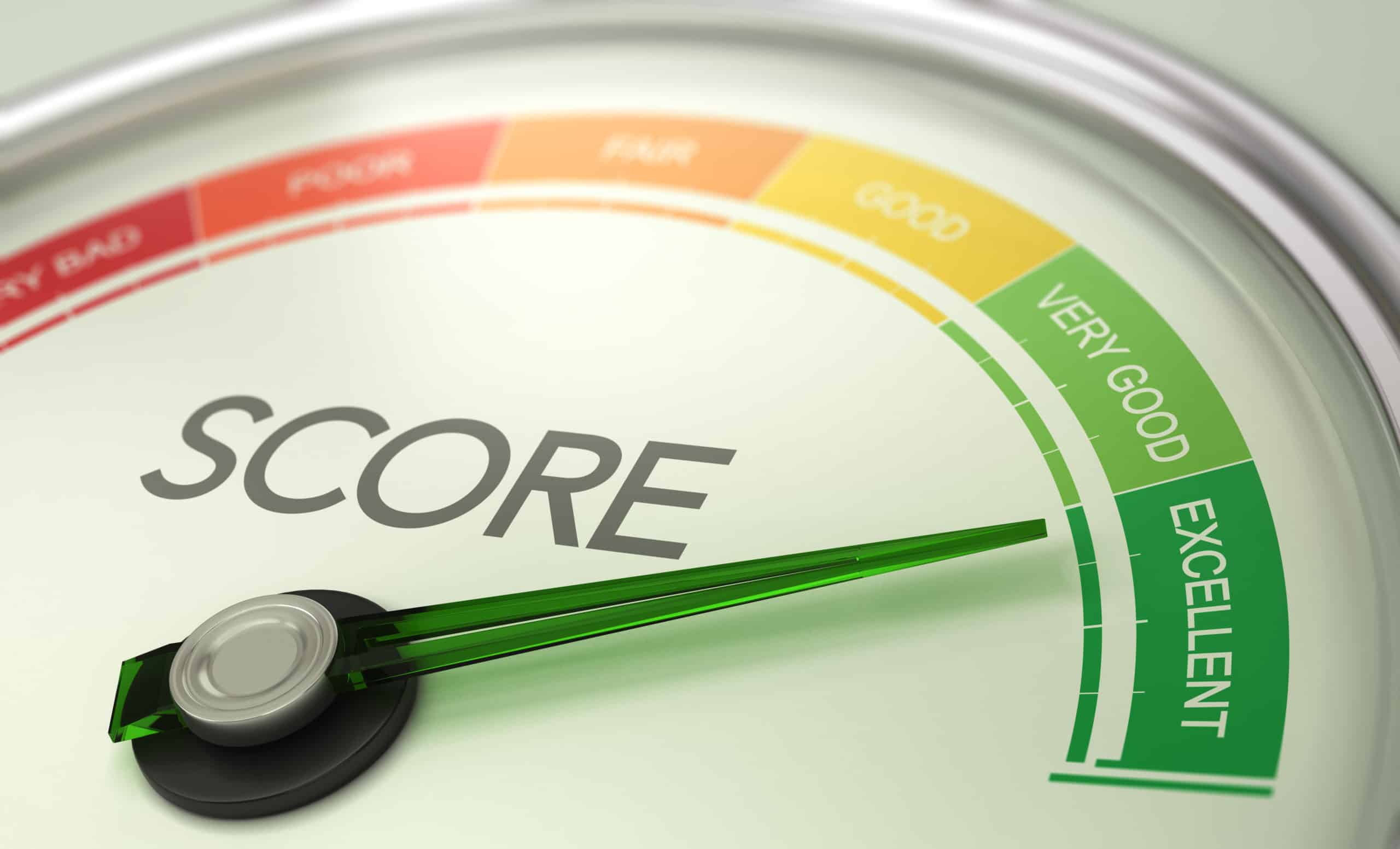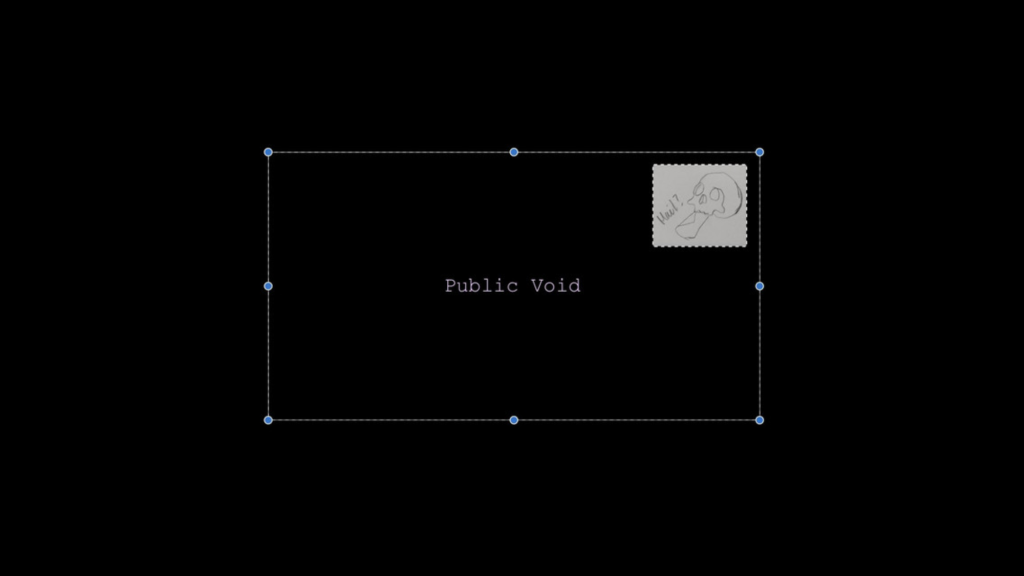Home insurance rates are spiking across the U.S., and many homeowners are feeling the pinch. Insurance companies are adjusting their premiums to keep up with the rising costs of rebuilding materials, increased frequency of natural disasters, and inflation.
The good news is that there are several practical ways to reduce your homeowners insurance rates. In this post, we’ll discuss some of the best strategies to help you save on your premiums.
Bundle Your Policies
One of the easiest ways to save on your home insurance is to bundle your policies. Combining multiple insurance policies, like home and auto, with the same provider, can usually lead to savings of 10-25%. Beyond savings, bundling also means you only have one company to deal with, making payments, policy renewals, and claims much more convenient. It’s a smart way to cut costs while making your life a little easier.
Increase Your Deductible
The deductible is the amount you agree to pay out of pocket before your insurance kicks in when you file a claim. By increasing it, you’re taking on a bit more financial responsibility, but your monthly or yearly premiums can drop in return. Typically, you can expect to save between 15-25% on your premiums by opting for a higher deductible.

Many homeowners find success with $1,000 or $2,500 deductibles but choose an amount that works for your budget. Before making the switch, ensure you can comfortably cover the higher out-of-pocket cost if you need to file a claim. It’s a good idea to build up an emergency fund to handle unexpected expenses.
Here’s a pro tip: Consider using the money you save on premiums to boost your rainy-day fund. This way, you’ll be prepared for any surprises while still enjoying lower insurance costs.
Improve Home Security
Enhancing your home’s security is a great way to protect your family, but it can also lower your homeowners insurance rates. Insurers see a well-protected home as less of a risk, which means they’ll likely offer you a discount for taking proactive steps like installing home security cameras, smoke detectors, and deadbolts. You don’t have to go high-tech either. Even simple upgrades like motion-activated outdoor lighting or reinforced doors and windows can make a difference.
Before making any upgrades, it’s a good idea to check with your insurer about specific discounts they offer. This way, you can prioritize the improvements that’ll give you the biggest bang for your buck. Remember to keep receipts and documentation for all your security upgrades to ensure you get credit for your efforts.
Shop Around and Compare Quotes
If you’re looking for cheap home insurance, one of the best strategies is to shop around and compare rates from different providers. Not all insurance companies offer the same prices, so getting multiple home insurance quotes can help you find the best deal. You might be surprised at how much rates can vary for similar coverage.
When comparing quotes, make sure to look beyond just the price. Check the coverage details, customer reviews, and any available discounts, like bundling or security system savings. It’s also a good idea to check out both national and local insurance providers, as they may offer different rates and perks. And while online comparison tools can speed up your search, don’t underestimate the value of human interaction. Talking to an agent can uncover savings opportunities you might miss online.
Maintain a Good Credit Score

Your credit score isn’t just important for loans. It can have a big impact on your insurance rates, too. Many insurance companies consider your credit score when determining your premium because they view it as an indicator of financial responsibility. Generally, the better your credit score, the lower your insurance rates will be.
If your credit score is less than ideal, here are a few ways you can improve it:
- Always pay your bills on time. Late payments can hurt your score.
- Try to keep your credit card balances low since high credit utilization can drag down your score.
- Avoid applying for new credit too often, as multiple credit inquiries can temporarily lower your score.
- Check your credit report annually. You’re entitled to one free report every year from each of the three major credit bureaus. If you spot any errors in your report, be sure to dispute them promptly.
Improving your credit score is not an overnight process. It takes time and consistent work, but the potential savings on your insurance premiums (not to mention other financial benefits) make it well worth the effort.
Make Home Improvements
Making certain home improvements can lower your homeowners insurance rates. Insurance companies usually reward these types of improvements with discounts because they lower the likelihood of a claim.
First, start with your roof. If you need to replace it, consider choosing impact-resistant materials for extra savings. These materials are more durable and can better withstand severe weather, reducing the likelihood of damage claims.
Weather-proofing your home is another excellent way to cut costs. Installing storm shutters or impact-resistant windows can protect your home from severe weather and potentially lower your insurance rates. Additionally, reinforcing doors against high winds can further reduce your risk and lead to more savings.
Also, don’t forget about your home’s internal systems. Updating old plumbing and electrical systems can reduce the risk of water damage or fires, which insurers view favorably. You might also consider installing smart home devices for leak detection, which can prevent costly water damage.
Ask About Discounts
Many insurance companies offer a range of discounts that you might qualify for, but they aren’t always advertised. For instance, you might get a discount for being claim-free, bundling your home and auto policies, or installing safety features like smoke alarms or a security system.
Some companies also offer loyalty discounts for long-term customers or special savings for first-time homebuyers. Don’t be shy — reach out to your insurance provider and ask what discounts you might be missing.
Take the time to assess which of these methods best suits your situation, and don’t hesitate to contact your insurance provider for more personalized advice. With a little effort, you can enjoy both peace of mind and savings on your homeowners insurance.





















